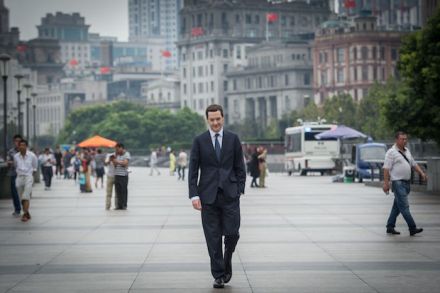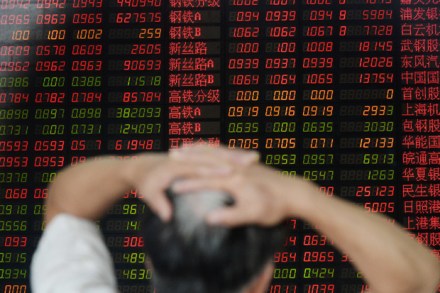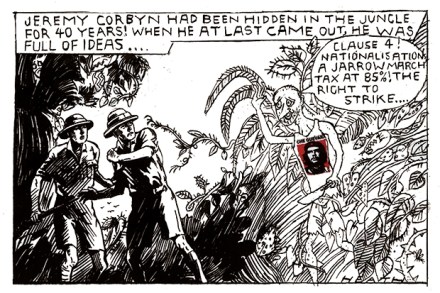Britain should not mistake its allies for friends
It would be hard to dream up a more absurd piece of political satire than an agency of the British government called Just Solutions International winning a contract to train prison officers in a country that has executed 175 people in the past year, many of them in public beheadings for offences such as sorcery, witchcraft, adultery and political activism. That it sought this contract in the first place is a sign of the great void at the heart of our foreign policy. This week, the Justice Secretary, Michael Gove, pulled out of the deal with Saudi Arabia — thereby attracting the ire of the Foreign Secretary, Philip Hammond, who called




















